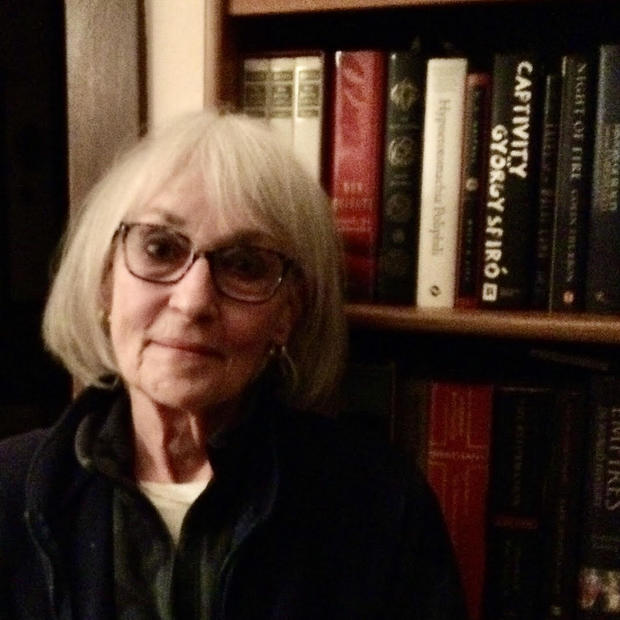People living in informal urban settlements (a.k.a. slums) continue to redefine urban living, often in remarkably creative ways. Using some of the hard lessons to be learned in the metropolitan shantytowns that are currently proliferating worldwide, groups and individuals who wield more power than the impoverished residents can improve environmental sustainability, social equity, health, economic development, and the future of cities around the planet.
This Thursday (Jan. 13) the UW’s 2010-2011 John E. Sawyer Seminar Series presents "Informal Urbanism: Slum Cities and Global Health," with Melanie Walker of the Gates Foundation’s Global Development Team, Celine D'Cruz of Slum Dwellers International, and Reinhard Goethert of the School of Architecture and Planning at MIT (their interesting bios are linked to the series web site). If you’re up for doing a few pre-seminar readings related to the topic, a handy list is also on the web site, appended to the "Informal Urbanism" seminar description.
The 2010-2011 seminar series is intended to provoke ongoing conversation about what it means for all of us today when so many millions of people are moving into megacities. The title, "Now Urbanism," is meant to suggest not merely the topic of "the city" but a practice: a process of seeing and remaking our world locally, regionally, and globally.
Next up: Feb. 11, "Transcultural Urbanism: Immigrants in the City"; March 10, "Generosity of Cities: Arts, Humanities, and the City."
If you go: All seminars are free and open to the public and will be held at 6:30 pm in Room 120 of Kane Hall at the UW. If you missed “Environmental Urbanism: Ecological Design for Healthy Cities” on Nov. 18, or “Networked Urbanisms: Connections & Communication across Space and Time” on Dec. 8, audio recordings are posted on the web site (scroll down to "Past Lectures").


